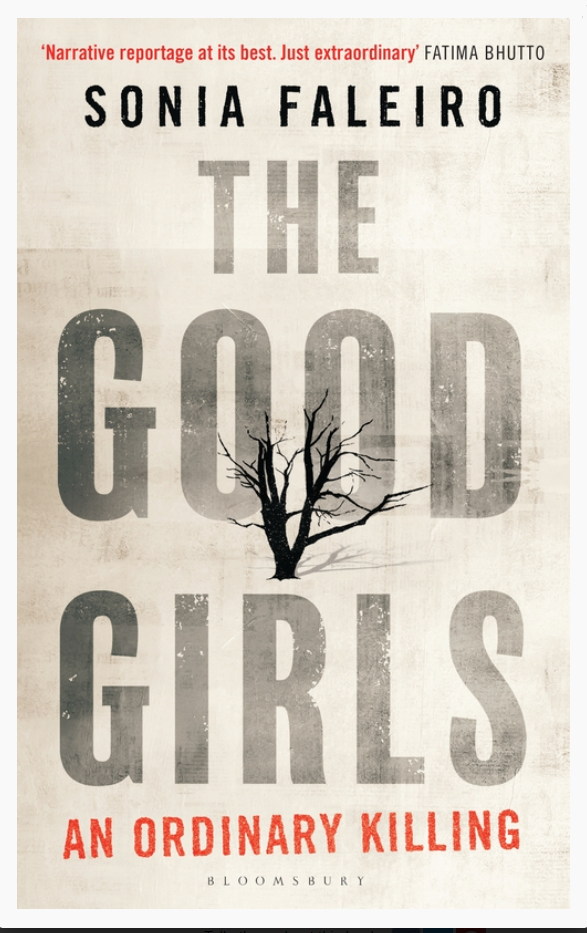
Gender intersects with class and caste


Katra Sadatgani a tiny village in western Uttar Pradesh, where a community is bounded by tradition and custom, where young women are watched closely and know what is expected of them.
On an ordinary night, two girls Padma and Lalli went missing, and the very next day their bodies were found hanging in the orchard, their clothes muddied.
Ensuring months reveal the result of the investigation into their deaths and implode everything that their small community held to be true, and instigated a national conversation about sex, honour and violence.
The true story of the mysterious death of two girls, in a hidden world with startling insight, intimacy, and how gender intersects with class and caste in Indian society, were to be young, poor and powerless, and most importantly female.
A Farmer with a side job as a teacher, determined to do his duty in a community where “ a girl’s life was everyone’s business”, disapprovingly spies two teenage girls talking on a mobile phone in the fields.
For India’s political leaders rising the use of mobile phones is a proud symbol of modernisation and progress. Mobile phones pose a threat to the traditional social order, in which young girls are tightly controlled until married off by their parents.
“ A phone was a key to a door that led outside the village via calls and messaging apps. The villagers were afraid of what would happen if women stepped through this door. They might get ideas such as whom to marry”.
Padma and Lalli are first cousins and inseparable best friends who scribble poetry, secretly wear lipstick, and dream to “something”. But they fall under suspicion and surveillance as they engage in covert meetings with a boy from a neighboring village. Weeks later girls aged 16 and 14are found dead, hanging together by their own dupattas from a mango tree.
The deaths in May 2014, made national headlines in India, where the girls were quickly presumed to have been raped and murdered by higher-caste men a grim example of pervasive sexual violence against vulnerable women.
The victim’s families refused to let the bodies be brought down from the tree for nearly 12 hours, as they demanded justice and accused their higher-caste neighbours and local police officers of murder.
Sonia Faleiro, an Indian born, London-based author of an acclaimed book about the women of Bombay’s gritty dance bars, intend to use the crime as the heart of a planned book on rape in India.
The night they go missing, their male relatives mount a frantic yet silent search to avoid alerting neighbours to an event that could affect girls’ marital prospects or their
The Good Girls: An Ordinary Killing by Sonia Faleiro, Bloomsbury Circus, £16.99, 352 pages.
